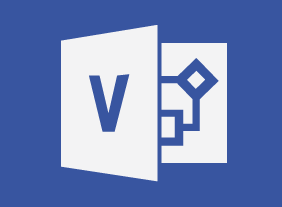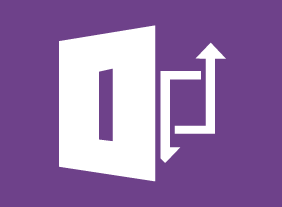-
Telemarketing: Using the Telephone as a Sales Tool
$99.00In this course, you will learn how to communicate effectively over the telephone, develop your personal telemarketing script, and close a sale. Youll also learn how telemarketing can add to your sales strategy. -
Public Speaking: Speaking Under Pressure
$99.00This course will take you through preparing an effective presentation. Topics include planning your speech, identifying your audience, connecting with the listener, developing key themes and sentences, structuring your ideas, and managing nervousness and body language. Youll focus on short responses and learn ways to expand a basic presentation. -
Kickstarting Your Business with Crowdsourcing
$99.00This course will show you how to leverage all types of crowdsourcing (including microwork, macrowork, crowdvoting, crowdcontests, crowdwisdom, and crowdfunding) to kickstart your business growth. -
Online Tools for Small Business
$99.00At the end of this course, you will know about popular free online tools for small business owners, understand basic functions of Google Docs, Canva, Trello, Survey Monkey, and MailChimp, be able to select tools that meet or match your business needs, and know how to use these tools in your business. -
Time Management
$99.00After you complete this course, you will be able to better organize yourself and your workspace for peak efficiency, understand the importance of, and the most useful techniques for, setting and achieving goals, plan and schedule your time efficiently, learn how to set priorities, discover the ingredients for good decision-making, learn what to delegate and how to delegate well, take control of things that can derail your workplace productivity, create order and get organized, and manage your workload.



































